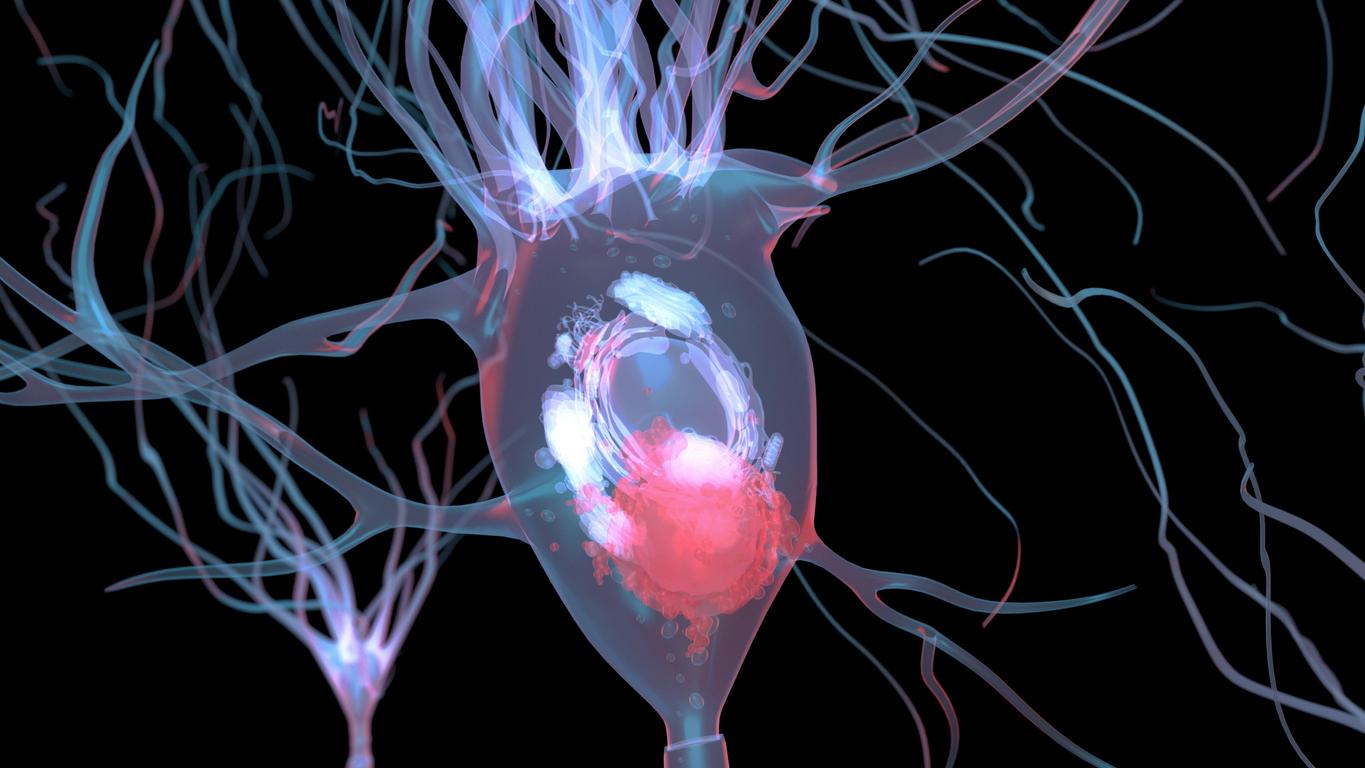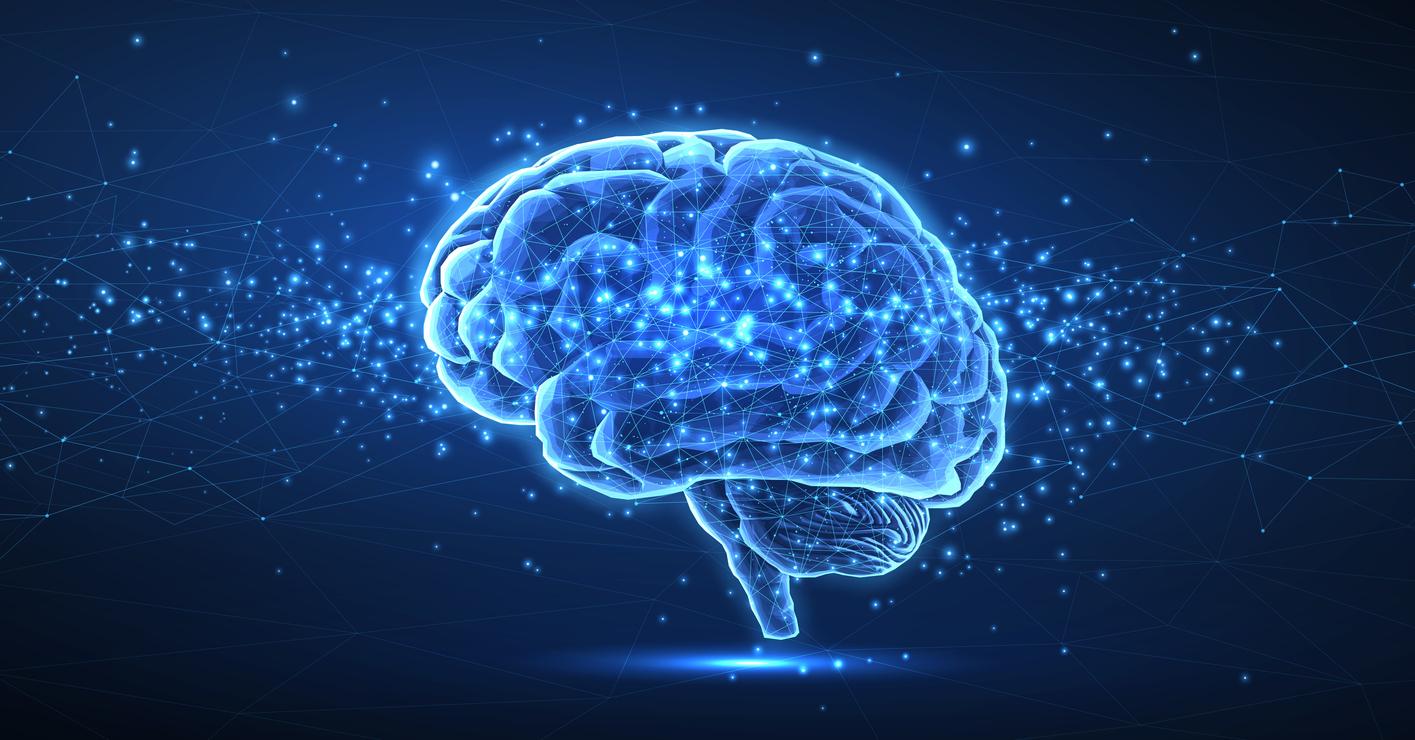Regular and prolonged participation in contact sports increases the risk of developing Lewy body dementia, a pathology similar to Parkinson’s and Alzheimer’s disease.

Boxing, martial arts, ice hockey, rugby … The practice of long-term contact sports is not without risk for mental health. While several studies have already pointed out the dangers of regular contact sports, new work links these physical activities to the increased risk of developing Lewy Body Dementia (DLB), a neurodegenerative disease that presents with severe symptoms. characteristics common to Alzheimer’s and Parkinson’s pathologies.
Conducted by researchers at Boston University School of Medicine and published in the Journal of Neuropathology and Experimental Neurology the study compared data from deceased athletes to cohorts from the Alzheimer Center community at Boston University, to assess the extent of brain damage caused by the beating athletes regularly receive at home. head when they practice their activity.
Repetitive head trauma
Numerous studies in the past few years suggest that the repeated head injuries resulting from participation in contact sports are linked to chronic traumatic encephalopathy (CTU), a degenerative disease of the brain that can lead to dementia.
Traditionally, scientists have believed that motor symptoms – such as tremors, slowness of movement, and difficulty walking – experienced by some athletes are attributable to ECU. However, the Authors of this new study believe that people who play contact sports are also likely to develop Lewy body disease.
“We found that the number of years that a person was exposed to contact sports, including football, ice hockey and boxing, was associated with the development of Lewy body disease, which is it. – even linked to Parkinson’s disease and dementia, “says Dr. Thor Stein, lead author of the study. The specialist believes that more studies are needed to better define the risks associated with repetitive blows to the head and neurodegeneration.
10 to 15% of people with dementia suffer from DCL
Lewy body dementia (DCL) is characterized by abnormal protein deposits in the brain. These deposits (called Lewy bodies) interfere with communication between nerve cells, which they eventually destroy. According to the Alzheimer Association, 10 to 15% of people with dementia suffer from DCL. Men are slightly more affected than women.
The disease manifests itself through the progressive deterioration of cognitive abilities and the appearance of motor disorders. The first symptoms appear most of the time after the age of 60. The degenerative process first affects faculties such as planning, organization, orientation, adaptation to the environment as well as motivation. Unlike Parkinson’s, signs of dementia appear early, before motor disorders.
.

















